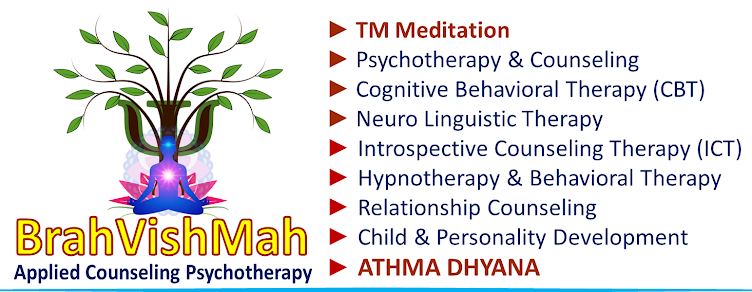Social Anxiety Disorder is an extreme fear experienced by an individual in any or particular social or environmental conditions. It involves intense fear of certain social situations and especially situations that are unfamiliar or in which the individuals feel that they are being watched or evaluated by others. These situations may be so frightening that they get anxious just thinking about the environment or go to great lengths to avoid them, disrupting their life in the process. They fear being judged or scrutinized by others. They may understand that their fears are irrational or unreasonable, but feel powerless to overcome them. These fears can be triggered by perceived or actual scrutiny from others. Individuals with social anxiety disorder fear negative evaluations from other people.
Psychological symptoms
1) Worrying intensely about social situations
2) Worrying for days or weeks before an event
3) Avoiding social situations or trying to blend into the background if you must attend
4) Worrying about embarrassing yourself in a social situation
5) Worrying that other people will notice you are stressed or nervous
6) Needing alcohol to face a social situation
7) Missing school or work because of anxiety
Physical symptoms
1) Excessive sweating
2) Trembling or shaking
3) Difficulty speaking
4) Dizziness or lightheadedness
5) Rapid heart rate
Causes
1) Social anxiety disorder usually comes on at around 13 years of age. It can be linked to a history of abuse, bullying, or teasing
2) Shy kids are also more likely to become socially anxious adults, as are children with overbearing or controlling parents
3) If you develop a health condition that draws attention to your appearance or voice, that could trigger social anxiety, too
4) A structure in the brain called the amygdala (uh-MIG-duh-luh) may play a role in controlling the fear response
5) People who have an overactive amygdala may have a heightened fear response, causing increased anxiety in social situations
Impact of quality of life
1) Low self-esteem
2) Negative thoughts
3) Depression
4) Sensitivity to criticism
5) Poor social skills that don’t improve
Treatment
1) Cognitive Behavioral Therapy (CBT) is especially useful for treating social anxiety disorder. CBT teaches you different ways of thinking, behaving, and reacting to situations that help you feel less anxious and fearful
2) It can also help you learn and practice social skills. CBT delivered in a group format can be especially helpful
3) Anti-anxiety medications are powerful and begin working right away to reduce anxious feelings
4) Antidepressants are mainly used to treat depression, but are also helpful for the symptoms of social anxiety disorder. In contrast to anti-anxiety medications, they may take several weeks to start working




No comments:
Post a Comment